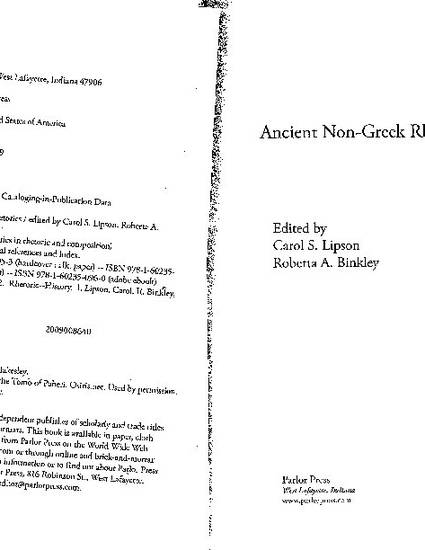
James W. Watts: 0000-0002-4872-4986
- ritual,
- rhetoric,
- bible,
- ancient,
- egypt,
- mesopotamia,
- ugarit,
- hittite
Many ancient Near Eastern texts reflect a concern for ritual accuracy. They depict ancient kings justifying their ritual practices on the basis of supposedly invariable tradition and, frequently, on the basis of old ritual texts. They also invoke ritual acts and omissions to explain the course of past history and to promise future punishments and rewards. In fact, very many texts assert that ritual performance is the most determinative factor in the success or failure of rulers and nations. The rhetoric of ritual therefore pervaded royal propaganda as well as temple texts. It also provided the principal rationale for criticizing the status quo.
This chapter surveys the use of ritual rhetoric for persuasive purposes in texts of diverse genres and cultures of the ancient Near East before considering the persuasive function of ritual texts per se. Once the rhetorical role of ritual has been observed in texts with overt persuasive intentions, it can be evaluated better in the less explicitly persuasive contexts of ritual texts and their ritual use. The latter texts were themselves often ritual products—written, read and manipulated to shape ritual performances and to pronounce judgment on the performers.

From Ancient Non-Greek Rhetorics, edited by Carol S. Lipson and Roberta A. Binkley. (c) 2009 by Parlor Press. Reprinted here with permission.